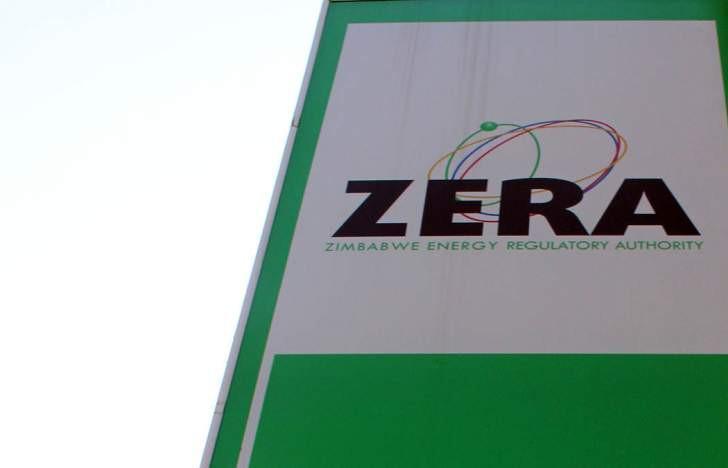News / National
Zimbabwe fuel retailers urged to renew licences
06 Dec 2024 at 06:29hrs |
0 Views

The Zimbabwe Energy Regulatory Authority (ZERA) has issued a reminder to businesses selling fuel and liquid petroleum gas to ensure their licences are renewed on time, emphasizing that those with licences expiring at the end of the year should already be applying for next year's renewals.
The reminder also applies to new entrants planning to join the sector in 2025.
Wholesale fuel licences cost US$9,200, urban retail licences are priced at US$500, and rural retail licences require a fee of US$200. For ethanol production and blending, the licence fee is US$200.
ZERA urged applicants to adhere strictly to submission guidelines to ensure a smooth renewal process. Wholesale applicants must demonstrate approved capacity, provide proof of project funding, and meet specific collaboration criteria.
"To qualify for collaboration with the Authority, applicants must demonstrate either a minimum importation of 10 million litres of combined product in 2024 or any year from 2021 to 2023, or provide evidence of ownership of at least three retail sites through title deeds," ZERA stated.
Additionally, applicants must manage at least three retail sites through leasing agreements under their name.
ZERA reported receiving close to 1,000 applications for petroleum product retail licences this year, nearly matching the total number of currently licensed fuel stations in Zimbabwe.
The rising demand for fuel station licences is driven by increasing petrol and diesel needs and Government incentives promoting investment in the energy sector. Zimbabwe currently requires at least 3 million litres of petrol and 4 million litres of diesel daily.
The demand for fuel has surged due to economic growth, with the expansion of mining, agriculture, and infrastructure development sectors fueling consumption. Additionally, the emergence of new urban settlements and the opening of new roads have created strategic opportunities for service station establishments.
The proliferation of fuel stations, particularly in suburban areas and along key routes, is also attributed to the sector's preference for transactions conducted in foreign currency, which has made the business highly lucrative.
ZERA continues to play a crucial role in ensuring the sector remains well-regulated and capable of meeting the country's growing energy demands.
The reminder also applies to new entrants planning to join the sector in 2025.
Wholesale fuel licences cost US$9,200, urban retail licences are priced at US$500, and rural retail licences require a fee of US$200. For ethanol production and blending, the licence fee is US$200.
ZERA urged applicants to adhere strictly to submission guidelines to ensure a smooth renewal process. Wholesale applicants must demonstrate approved capacity, provide proof of project funding, and meet specific collaboration criteria.
"To qualify for collaboration with the Authority, applicants must demonstrate either a minimum importation of 10 million litres of combined product in 2024 or any year from 2021 to 2023, or provide evidence of ownership of at least three retail sites through title deeds," ZERA stated.
Additionally, applicants must manage at least three retail sites through leasing agreements under their name.
ZERA reported receiving close to 1,000 applications for petroleum product retail licences this year, nearly matching the total number of currently licensed fuel stations in Zimbabwe.
The rising demand for fuel station licences is driven by increasing petrol and diesel needs and Government incentives promoting investment in the energy sector. Zimbabwe currently requires at least 3 million litres of petrol and 4 million litres of diesel daily.
The demand for fuel has surged due to economic growth, with the expansion of mining, agriculture, and infrastructure development sectors fueling consumption. Additionally, the emergence of new urban settlements and the opening of new roads have created strategic opportunities for service station establishments.
The proliferation of fuel stations, particularly in suburban areas and along key routes, is also attributed to the sector's preference for transactions conducted in foreign currency, which has made the business highly lucrative.
ZERA continues to play a crucial role in ensuring the sector remains well-regulated and capable of meeting the country's growing energy demands.
Source - The Herald
Join the discussion
Loading comments…
































